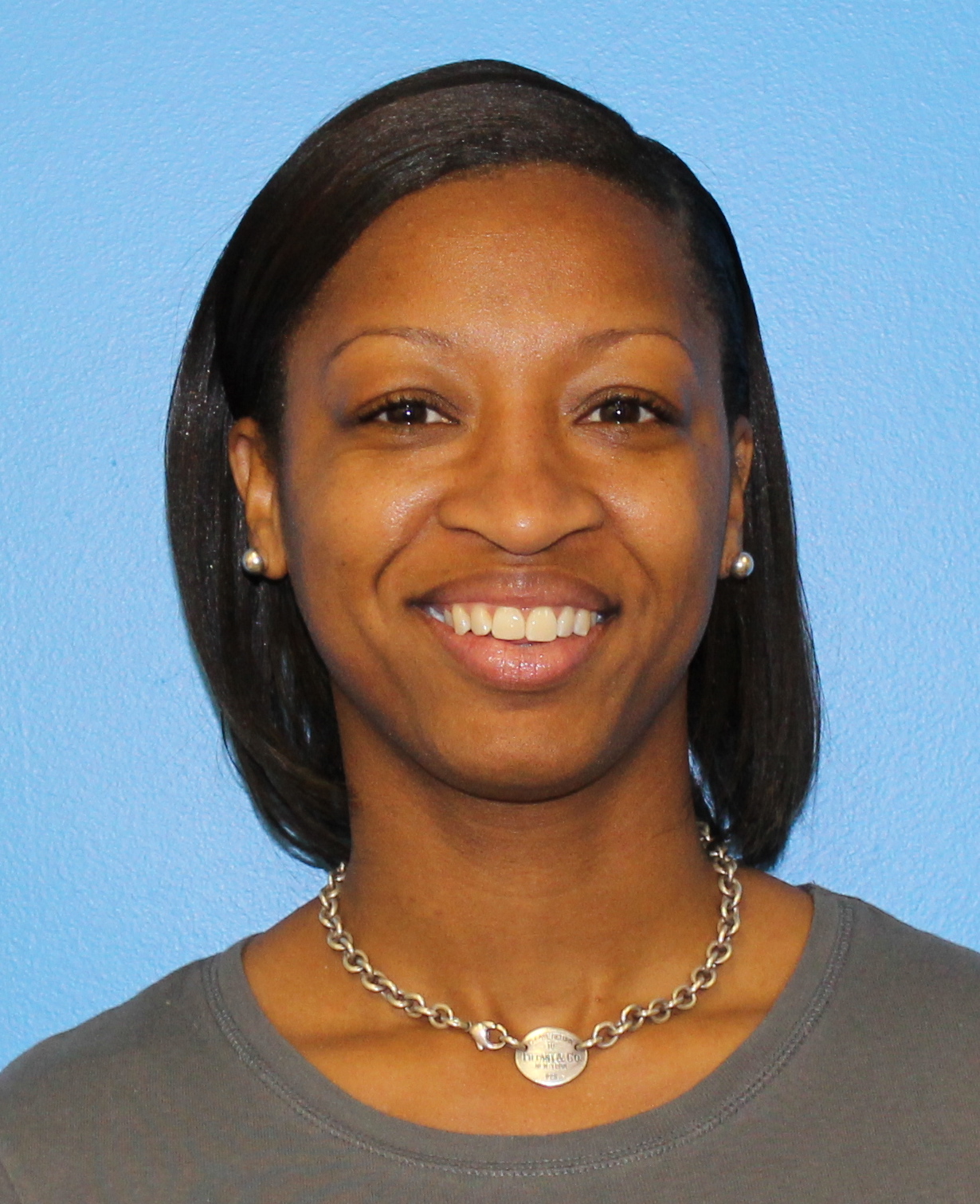
PhD student
Karina Liles has been named a GEM Affiliate Fellow by the the National Consortium for Graduate Degrees for Minorities in Engineering and Science.
GEM's mission is to broaden participation of minorities in STEM fields at the graduate level. Liles works with
Dr. Beer in the
ART LAB and is studying the use of robots as teaching assistants for middle school educators.
As reported by
CEC news article
A computer science and engineering doctoral student at The University of South Carolina recently received an honor that will hopefullyplace her among the country’s most desirable engineering graduates in the future. The National Consortium for Graduate Degrees for Minorities in Engineering and Science, Incorporated named Karina Liles a GEM Affiliate Fellow.
GEM’s mission is to broaden participation of minorities in Science, Technology, Engineering and Mathematics (STEM) fields at the master’s and doctoral levels. The national organization assists companies throughout the United States in providing graduate fellowships to minority students from communities where such talent is largely untapped.
Liles is from Bennettsville, South Carolina. She received her undergraduate degree in computer science from Spelman College and then earned a Master of Education in Educational Technology from USC before beginning her doctoral study in the USC College of Engineering and Computing.
“In high school, I began developing computer games for my three year old sister to help her learn her letters and colors, “ said Liles. “I quickly realized that I enjoyed working with computers and had a talent for it. I knew I needed a formal education which is where my true passion for computers, robots and technologies blossomed.”
Liles now works alongside Dr. Jenay Beer in the Assisted Robotics and Technology (ART) Lab in the Department of Computer Science andEngineering. Her research is focused on creating and using robots as teaching assistants for middle school educators. She is also assisting with the programming of a robot to help music therapists who work with children with special learning needs.
“We are certainly not trying to replace classroom teachers or therapists but rather, we hope the robots can assist these professionals. Students of all ages seem to be interested in the robots and respond to them with enthusiasm. We hope that helps in the learning process.”
 PhD student Karina Liles has been named a GEM Affiliate Fellow by the the National Consortium for Graduate Degrees for Minorities in Engineering and Science. GEM's mission is to broaden participation of minorities in STEM fields at the graduate level. Liles works with Dr. Beer in the ART LAB and is studying the use of robots as teaching assistants for middle school educators.
As reported by CEC news article
PhD student Karina Liles has been named a GEM Affiliate Fellow by the the National Consortium for Graduate Degrees for Minorities in Engineering and Science. GEM's mission is to broaden participation of minorities in STEM fields at the graduate level. Liles works with Dr. Beer in the ART LAB and is studying the use of robots as teaching assistants for middle school educators.
As reported by CEC news article